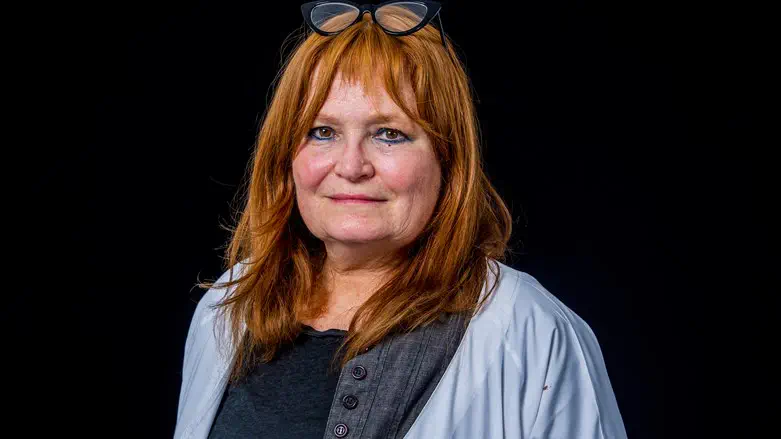
Professor Galia Rahav, head of the infectious disease department at Sheba Medical Center, on Thursday morning spoke on 103 FM Radio about the record-breaking number of new coronavirus infections, noting that "the rise is really felt in the hospitals - they're completely packed."
According to Prof. Rahav, estimates are that the true numbers are three times the reported numbers, and that "there are right now 120,000 new cases, because people aren't testing, and there are also those who are doing home tests which are not reported. The numbers are definitely high."
"In the hospital, we really feel that there is a very impressive rise in the number of hospitalizations and severely ill patients," she emphasized to 103 FM. "This time there are more people who have coronavirus who are hospitalized, and not because of coronavirus. We could say that the ICU right now is definitely, to our delight, not full because of coronavirus patients but because of other patients."
"The hospitals are packed full of people hospitalized in numbers that I don't remember seeing for a long time. It's been a long, long time since we saw such numbers, the numbers are very high. It's true that in the ICU, it's not that it's empty right now, it's full of influenza patients and patients with all sorts of other respiratory illnesses, but not with coronavirus."
However, she clarified: "The hospitals are full of coronavirus patients, but not in the ICU. It's still severely ill patients. Let's not get confused. The situation in the hospitals right now is that we are managing it, but it's not so great. They are packed - packed."
Regarding whether Israel would soon see a drop in numbers, Prof. Rahav said, "There are a lot of 'maybes' here - that's the problem with this virus. Maybe it won't cause more serious illness, because we don't know exactly. We are the first country in the world to have received a booster dose half a year ago, and the elderly already don't have that booster anymore, they received the fourth dose and we don't know exactly how and how much it protects. Logically it should."
When asked if she recommends the fourth dose, Prof. Rahav said, "It depends for who. For the elderly and immunocompromised, I definitely recommend it. At the moment, I don't recommend it for the entire public, because we don't know exactly what the data on the fourth dose is, in terms of efficacy."
"I got the vaccine - that says everything," she added.
